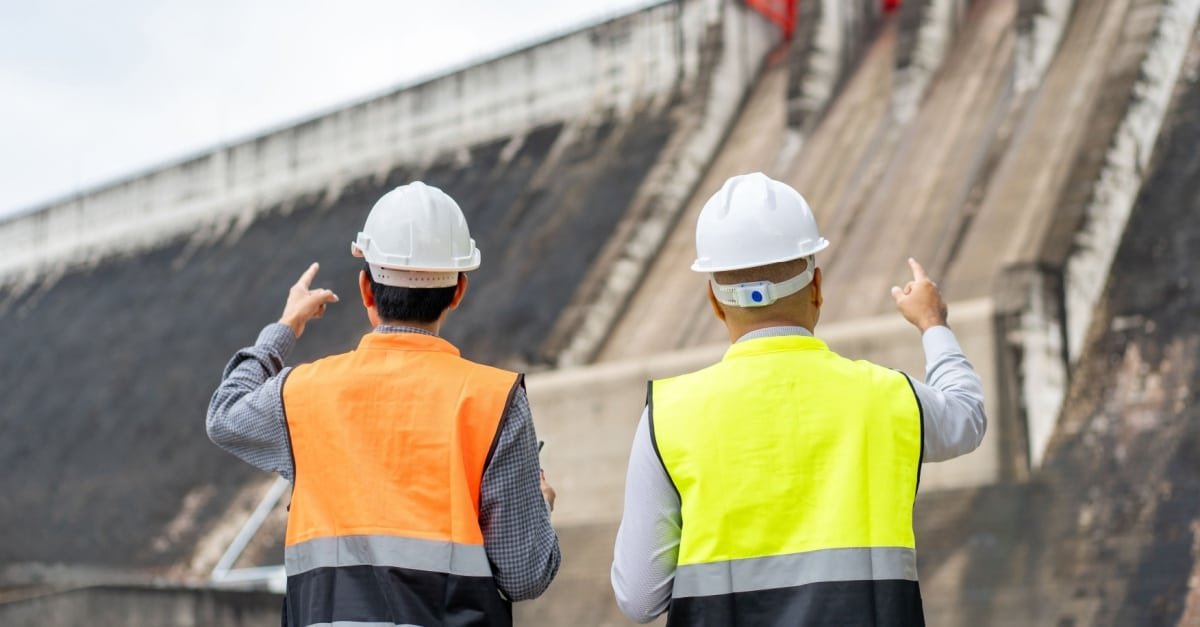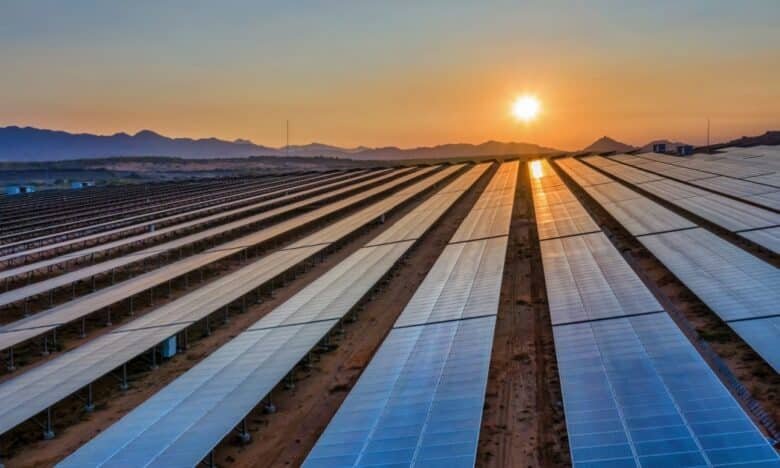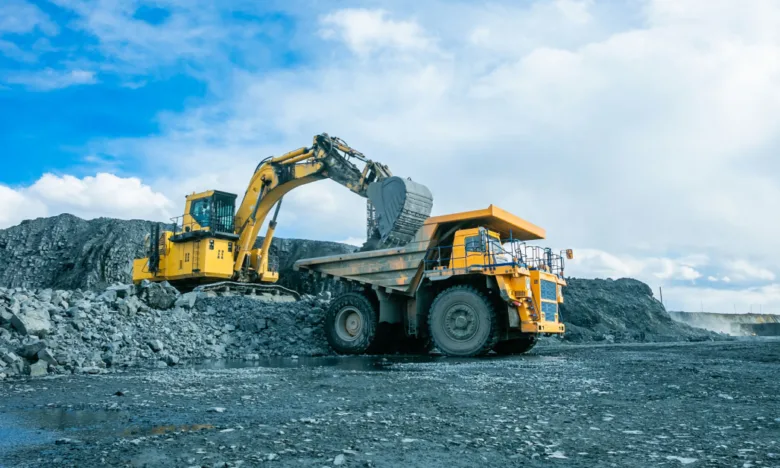
DOE and JICA to Map Philippine Hydropower Potential
- June 17, 2025
The Department of Energy (DOE) has partnered with the Japan International Cooperation Agency (JICA) to kick off a three-year initiative aimed at identifying promising hydropower sites across the Philippines. The project is part of the country’s broader push to enhance its renewable energy (RE) capabilities.
In a statement issued on June 10, the DOE said the partnership will conduct “a nationwide resource inventory of hydropower” to locate and evaluate feasible large-scale hydropower sites.
The initiative, officially titled The Project on Resource Inventory of Hydropower Potential Sites, is scheduled to begin in September 2025. The study will focus specifically on locations suitable for impounding and pumped-storage hydropower technologies, with a capacity of over 100 megawatts (MW).
(Also read: First Gen Secures P10B BDO Loan for Casecnan Hydro Plant Purchase)
Charting a path for large-scale hydropower development
By tapping into the country’s untapped hydropower resources, the DOE aims to diversify the energy mix and move closer to its long-term renewable energy targets.
“Hydropower is a critical element in achieving these [renewable energy] targets. Pumped-storage hydropower offers advantages of providing dispatchable grid-stabilizing capacity that can support base and peak load demands,” JICA said in a separate statement.
“However, much of the country’s hydropower potential remains either underutilized or insufficiently documented,” the Japanese governmental agency continued.
Outgoing Energy Secretary Raphael Lotilla underscored the importance of the partnership in unlocking the potential of hydropower technologies.
“Japan’s global leadership in hydropower innovation brings immense value to this collaboration. Through JICA’s technical expertise, we gain the tools and insights needed to identify and unlock untapped hydropower resources, laying a strong foundation for long-term investments, rural development, and enhanced energy security,” he said.
The initiative will be rolled out in three phases. It will begin with the collection of essential data—such as topographic maps, rainfall patterns, and river flow rates—followed by field surveys at four priority locations. These areas will serve as pilot sites for pre-feasibility studies and potential early targets for future investments.
According to JICA, the hydropower resource mapping initiative will generate a “foundational dataset” that will help shape energy policies, support infrastructure investments, and promote greater involvement from the private sector. It will also assist regional planning by providing accurate and reliable data to government agencies and local authorities.
By pursuing this project, the DOE aims not only to diversify the country’s energy mix but also to support rural development and strengthen energy security through cleaner, locally sourced power solutions.
(Also read: Prime Infra Partners with Mace to Deliver $7.5B Hydro Projects)
Building on a legacy of clean energy collaboration
According to the DOE, the initiative builds on a decade of energy cooperation between the Philippines and Japan. “This effort builds on a longstanding energy cooperation between the Philippines and Japan. Notably, it expands upon the groundwork laid by a 2012 JICA-supported study that assessed the potential of small- to medium-scale run-of-river, reservoir, and pondage hydropower plants below 100 MW,” the department noted.
The study also served as the foundation for the DOE’s existing hydropower database, offering valuable insights that informed long-term energy planning and previous rounds of the Open and Competitive Selection Process (OCSP), which awards renewable energy contracts through competitive bidding for sites with geothermal, wind, or hydropower potential.
This latest undertaking also marks a significant milestone in bilateral climate cooperation. It is the first technical cooperation project to be developed and approved after JICA’s 2024 data collection survey on climate change measures and green transformation in the Philippines.
By advancing this collaboration, both countries are aligning efforts to support climate resilience and accelerate the Philippines’ transition to a low-carbon energy future.
Sources:
https://openjicareport.jica.go.jp/pdf/12057493_01.pdf
https://openjicareport.jica.go.jp/pdf/12383303.pdf



